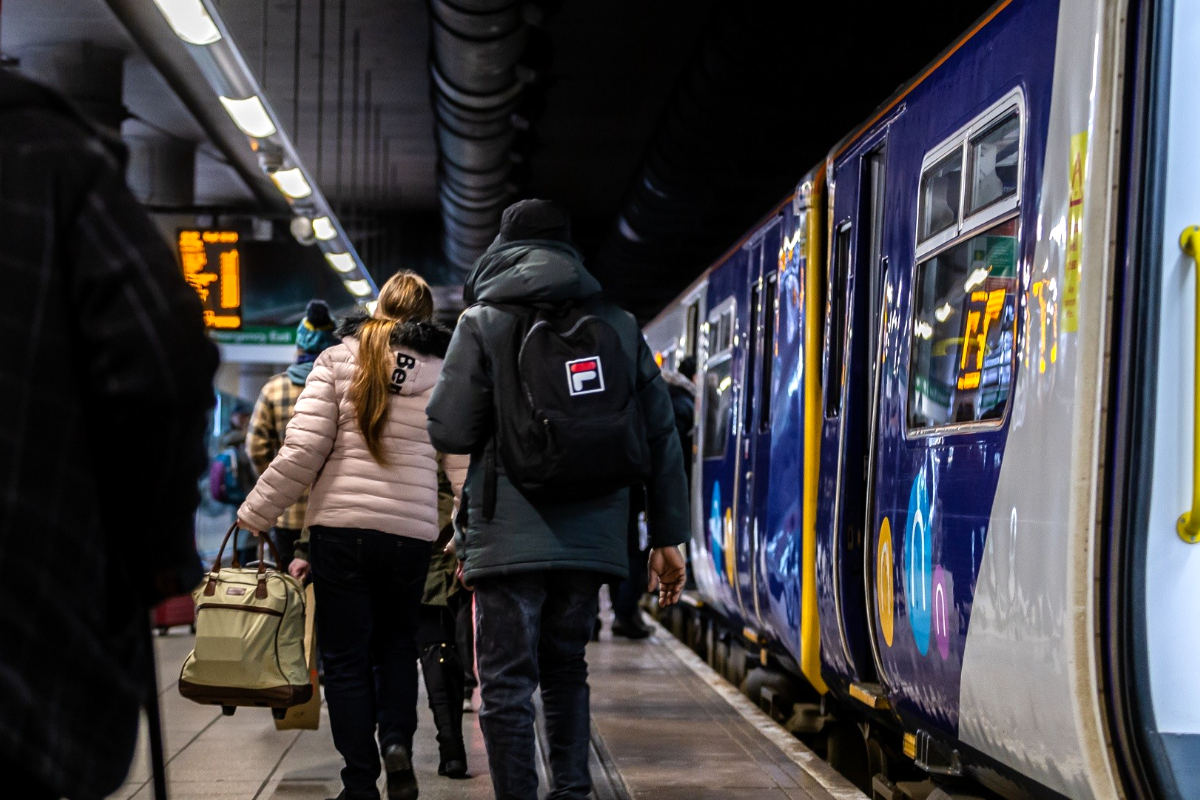
Northern Trains has moved a step closer to the largest ever investment in its fleet which could eventually see up to 450 new trains.
The publicly owned operator has invited major train manufacturers to begin negotiations for supplying new trains to operate across the North of England.
The new trains will be introduced on a phased basis, replacing the oldest units in Northern’s existing fleet, most of which have been in service since the 1980s and 90s. Approximately two thirds of the existing fleet is targeted to be replaced in the next ten years.
They will be a mix of electric and multi-modal (diesel/electric) powered trains and prospective manufacturers have been asked to include battery-powered trains as part of their proposals.
Multi-modal units in the order will be capable of conversion to battery or electric-only operation during their lifetime, in line with the government’s commitment to deliver a cleaner, greener railway as part of its net-zero objectives.
By reducing the number of different types of trains, it will significantly simplify operations, help with staff training, and lower maintenance costs – all of which will help reduce taxpayer subsidy.
Tricia Williams, managing director of Northern, said:
“Almost 60% of the trains in our fleet are between 32 and 40 years old and, while they’ve served the region well, it’s important we get the ball rolling on their replacement.
“It’s game-changing for Northern and will transform the look and feel of our fleet for millions of customers – and it also cements electric and battery as the long-term power source of choice for our fleet.”
It is expected the contract will be awarded to the successful bidder or bidders in 2026, with an aim to have first trains delivered to Northern by 2030.
Rail Minister Lord Hendy said:
“This vital fleet upgrade will create smoother journeys and help Northern provide the services their passengers deserve. It’s also great news for our rail manufacturing industry and demonstrates that the pipeline for orders is strong.”
Phase one will replace the train operator’s ageing Class 150, 155, and 156 trains first, and also include 12 electric three-carriage trains to operate the local stopping services between York, Leeds, Huddersfield and Manchester following the electrification of the route through the Transpennine Route Upgrade.
Future phases will replace the next oldest fleets as more new trains come off the production line.
The replacement fleets will incorporate and benefit from the latest technologies, designed to meet the needs of the customers of today and tomorrow, delivering higher levels of comfort, reliability, and overall satisfaction.
Removing diesel trains over time from service will demonstrably improve the local air and noise quality overall, and especially in locations where this is a concern.
Williams added:
“The new trains will support the government’s commitment to achieving Net Zero operations by 2050 whilst reflecting the reality that only 25% of the Northern network is currently electrified.”
Train manufacturers approached as part of this first ‘Invitation to Negotiate’ step in the procurement process are Alstom, CAF, Hitachi, Siemens and Stadler.
The timescales for the introduction of the trains will be developed as part of the procurement process, however, Northern has set bidders challenging targets to deliver as soon as possible.
Northern is the second largest train operator in the UK, with 2,500 services a day to more than 500 stations across the North of England.




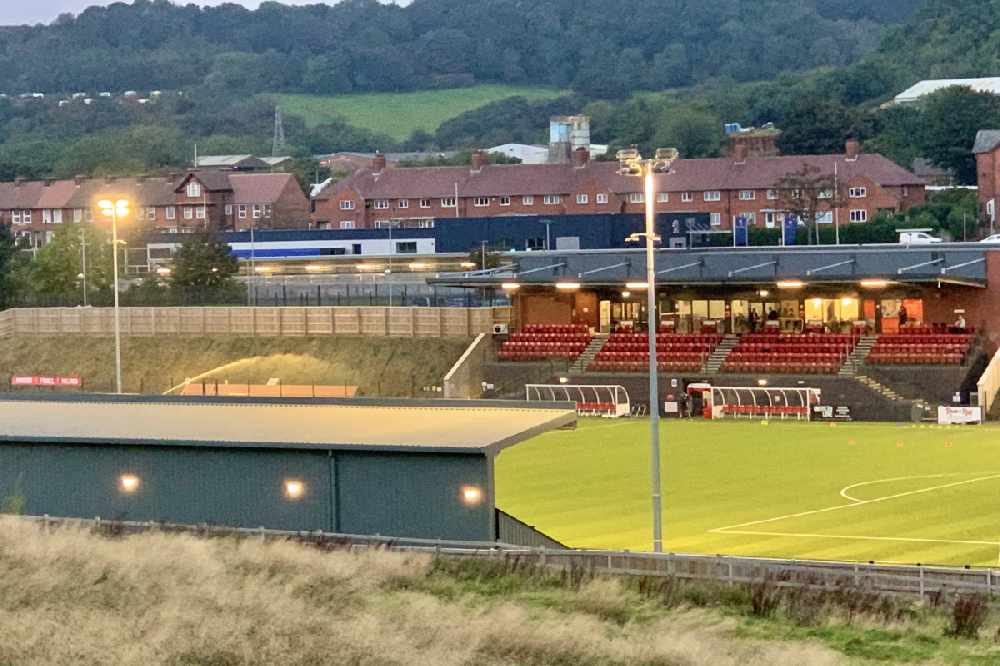 Scarborough Athletic Fans, Finance Director and Manager Speak of Emotional Week at the Club
Scarborough Athletic Fans, Finance Director and Manager Speak of Emotional Week at the Club
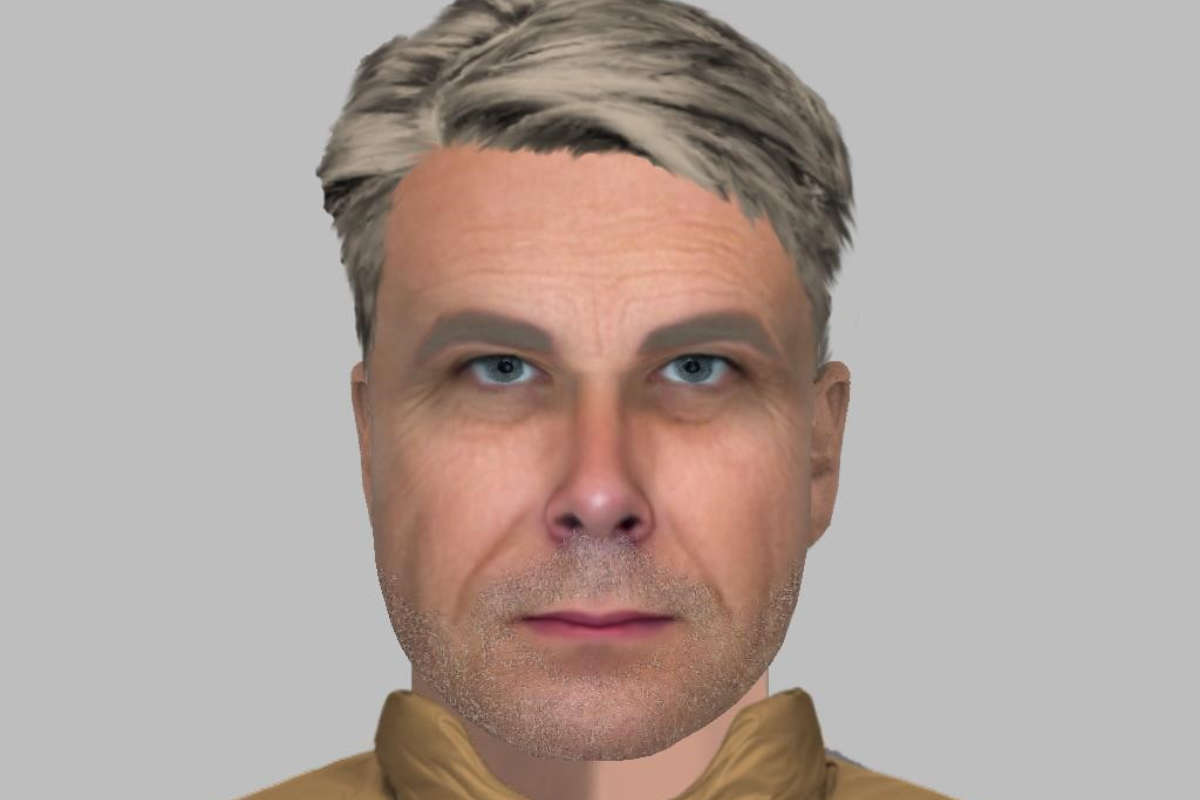 Police Release E-Fit After East Riding Assault
Police Release E-Fit After East Riding Assault
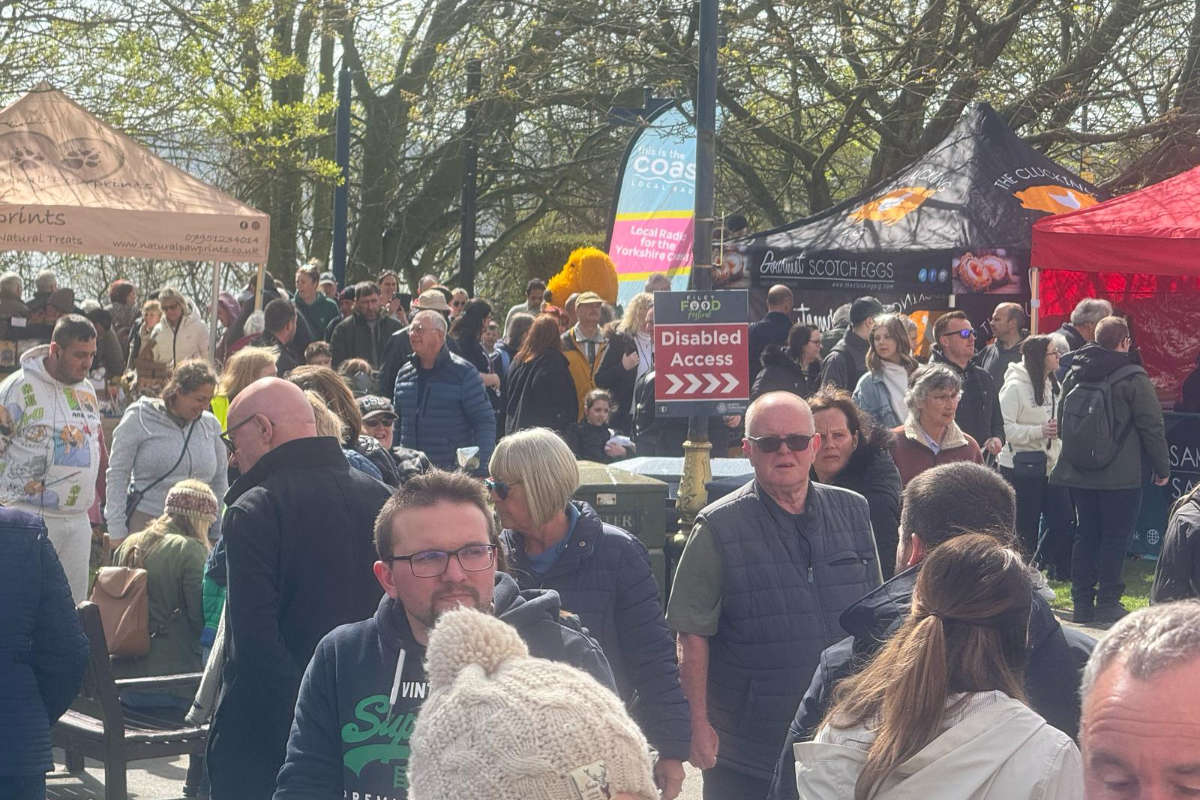 Filey Food & Drink Festival Weekend
Filey Food & Drink Festival Weekend
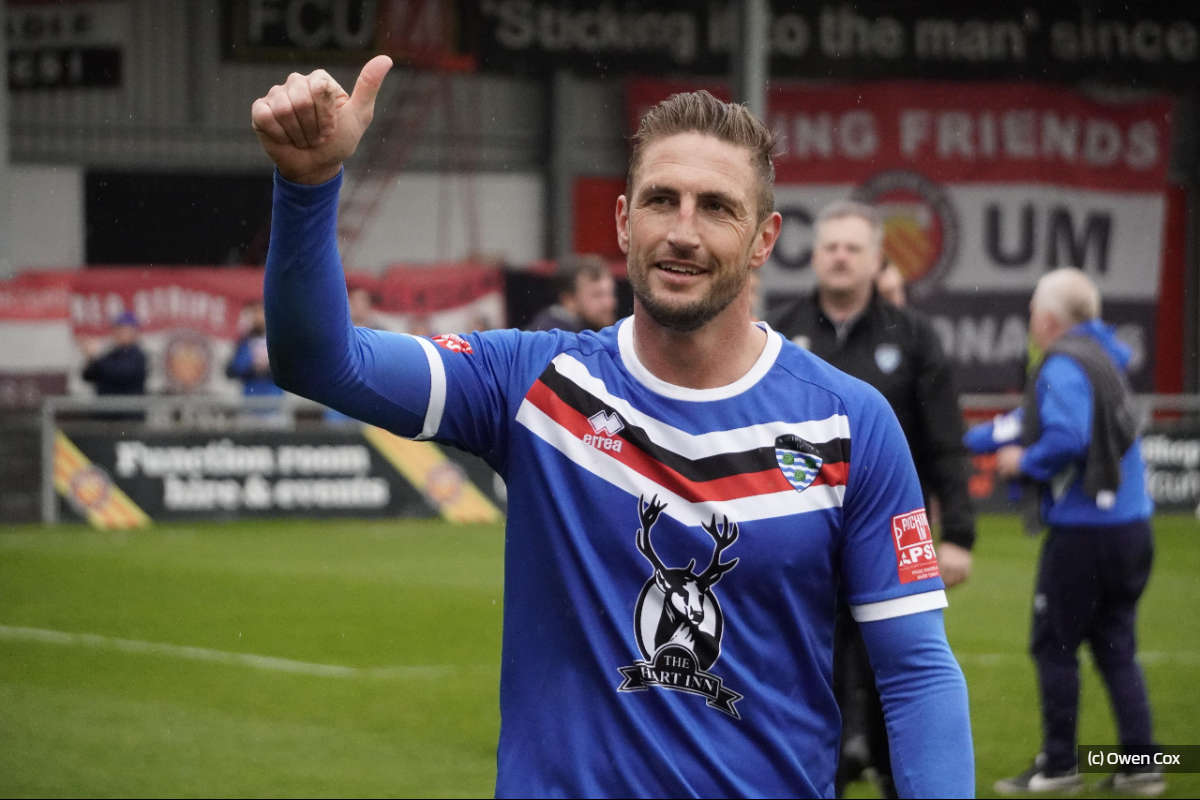 Whitby Town On Verge of Safety After Thriller
Whitby Town On Verge of Safety After Thriller
 Scarborough Athletic Leave It Late in County Durham
Scarborough Athletic Leave It Late in County Durham
 Key Weekend in Bridlington Town's Relegation Battle
Key Weekend in Bridlington Town's Relegation Battle
 Tour of Britain Cycle Event for Dalby Forest
Tour of Britain Cycle Event for Dalby Forest
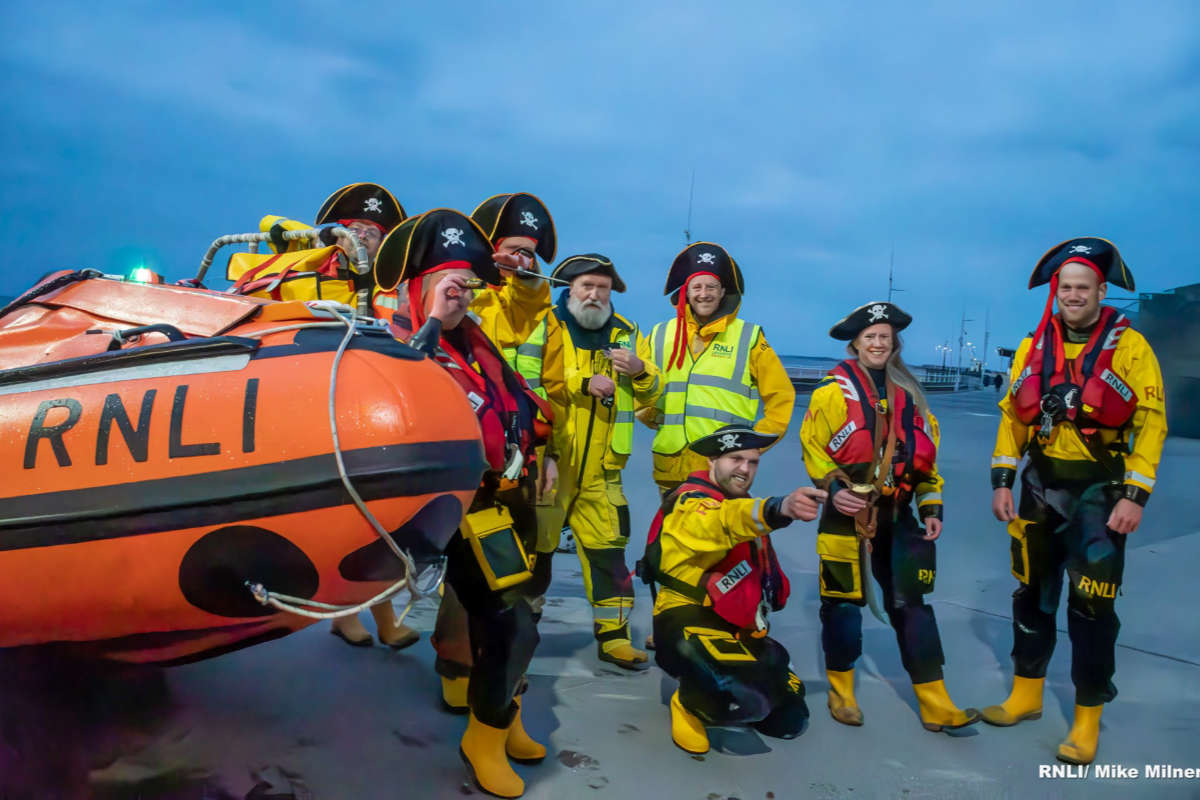 Look Out For Bridlington Lifeboat's Pirates On The Promenade
Look Out For Bridlington Lifeboat's Pirates On The Promenade
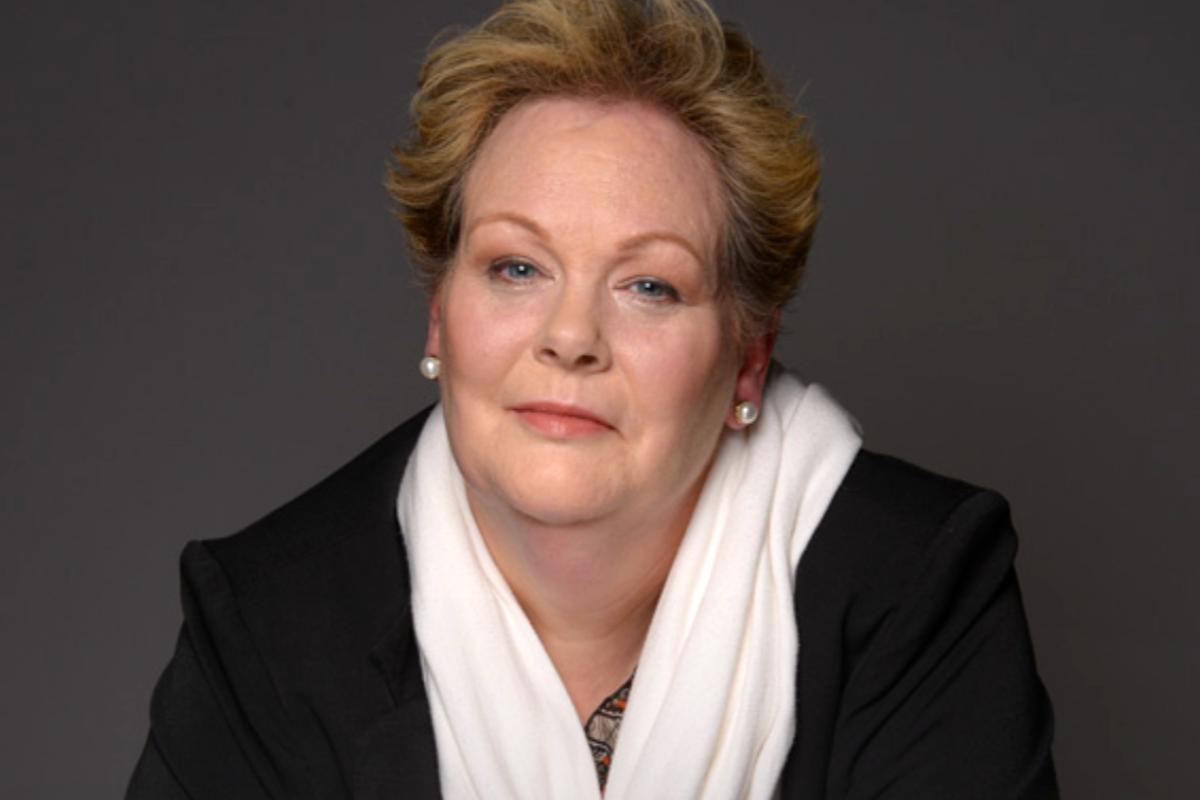 Chaser Returns to Scarborough for Panto Season
Chaser Returns to Scarborough for Panto Season
 Scarborough Athletic Pitch Could be Out of Action for 44 Weeks And Cost £3m to Repair
Scarborough Athletic Pitch Could be Out of Action for 44 Weeks And Cost £3m to Repair
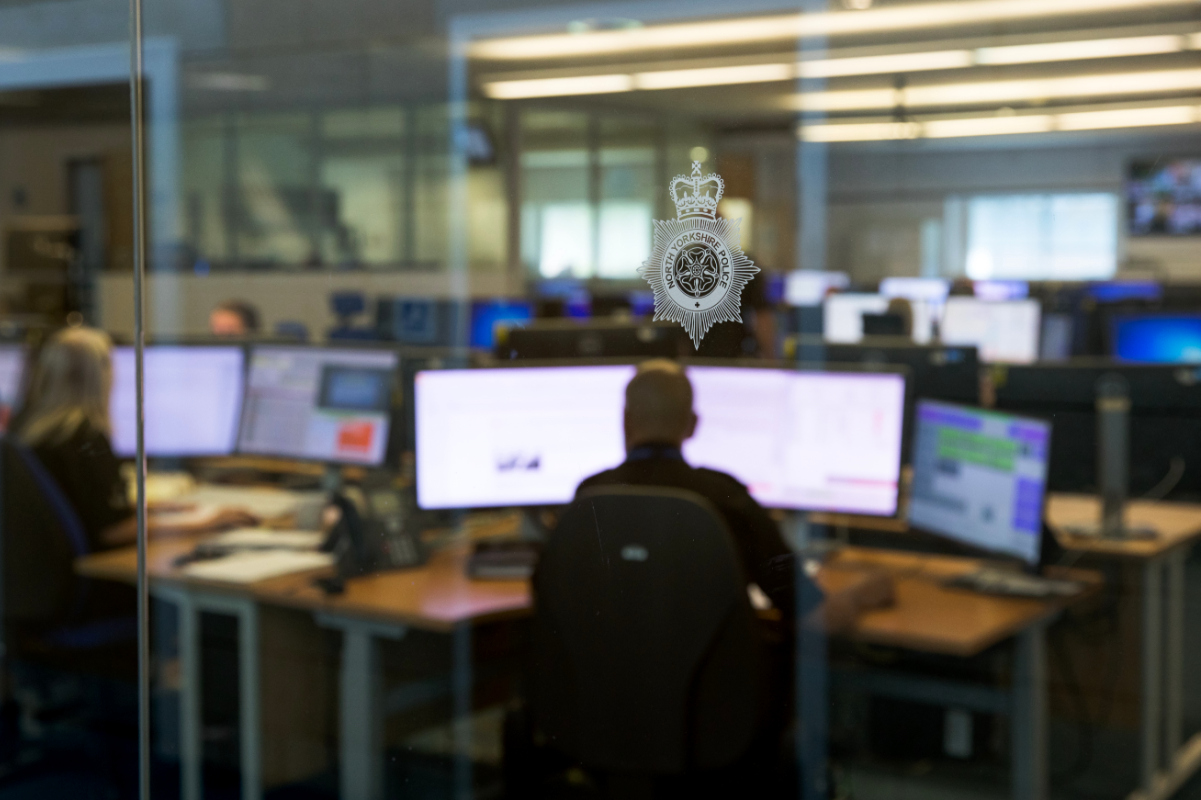 North Yorkshire Police Report Significant Improvement in Call Answer Times
North Yorkshire Police Report Significant Improvement in Call Answer Times
 Ryedale Sex Offender Confronted By Angry Mother
Ryedale Sex Offender Confronted By Angry Mother








Comments
Add a comment